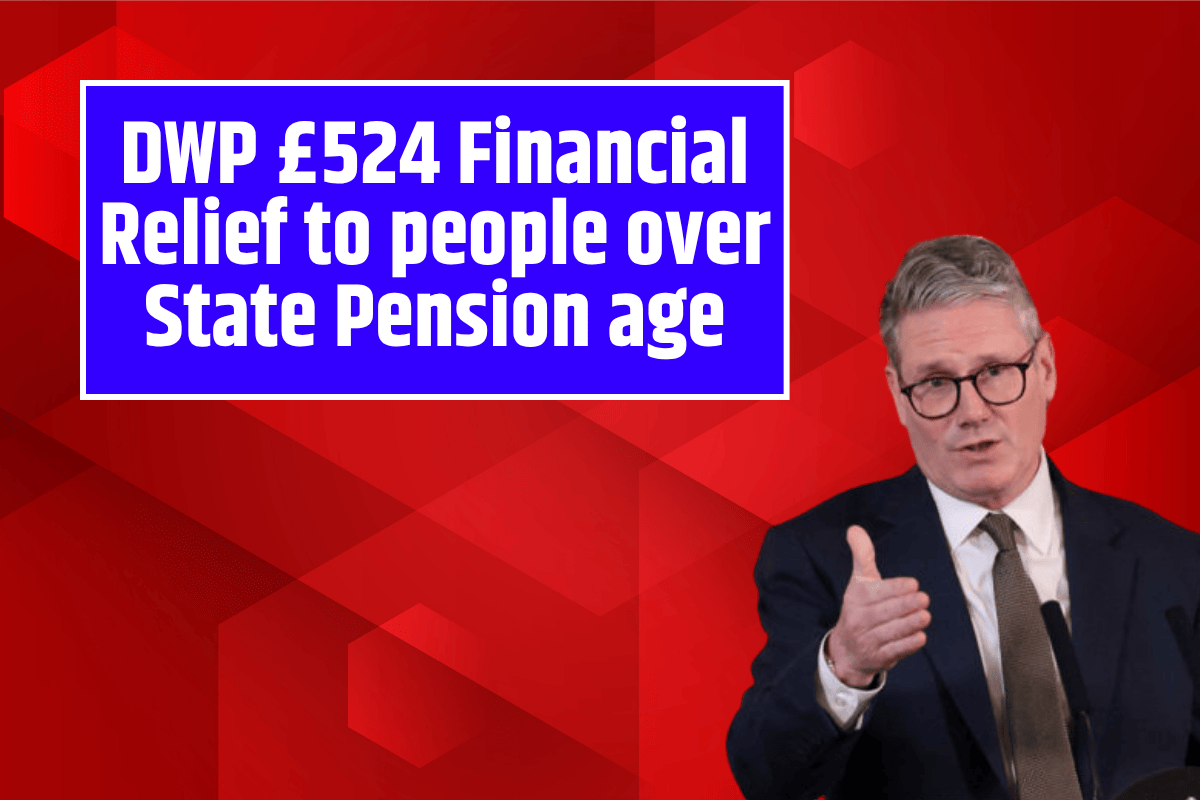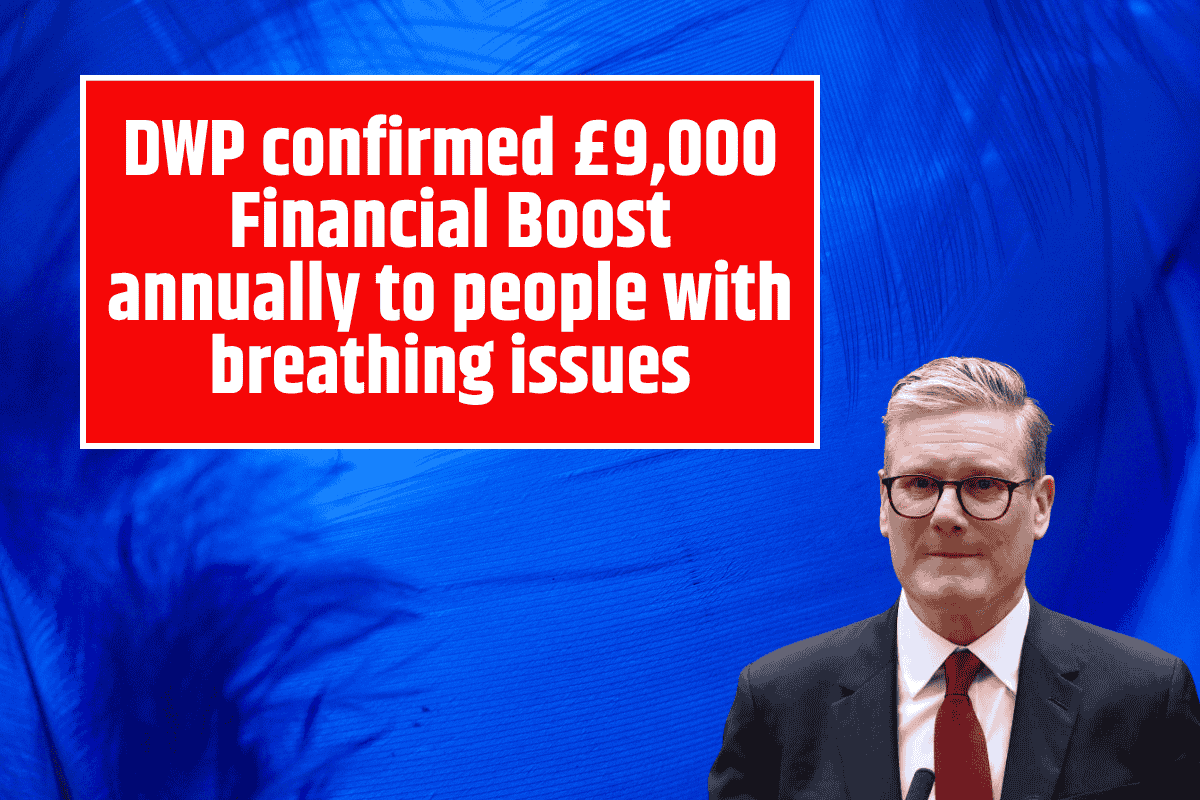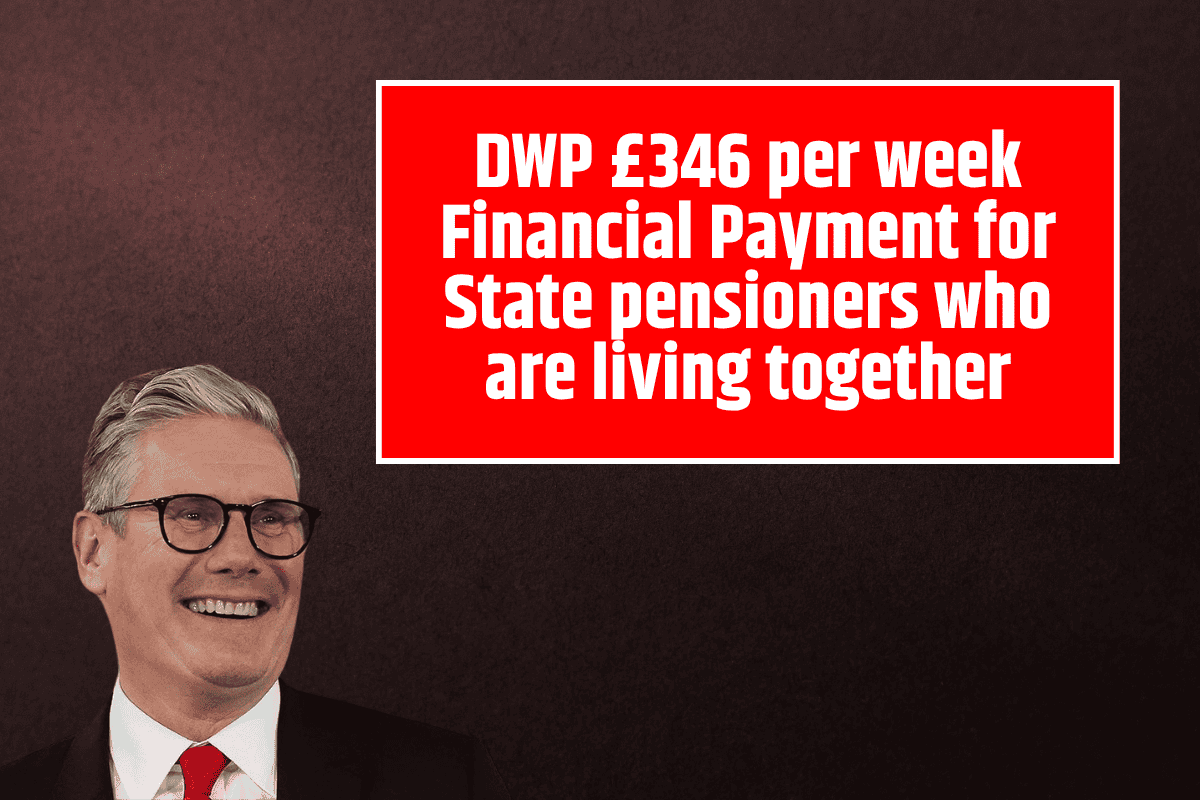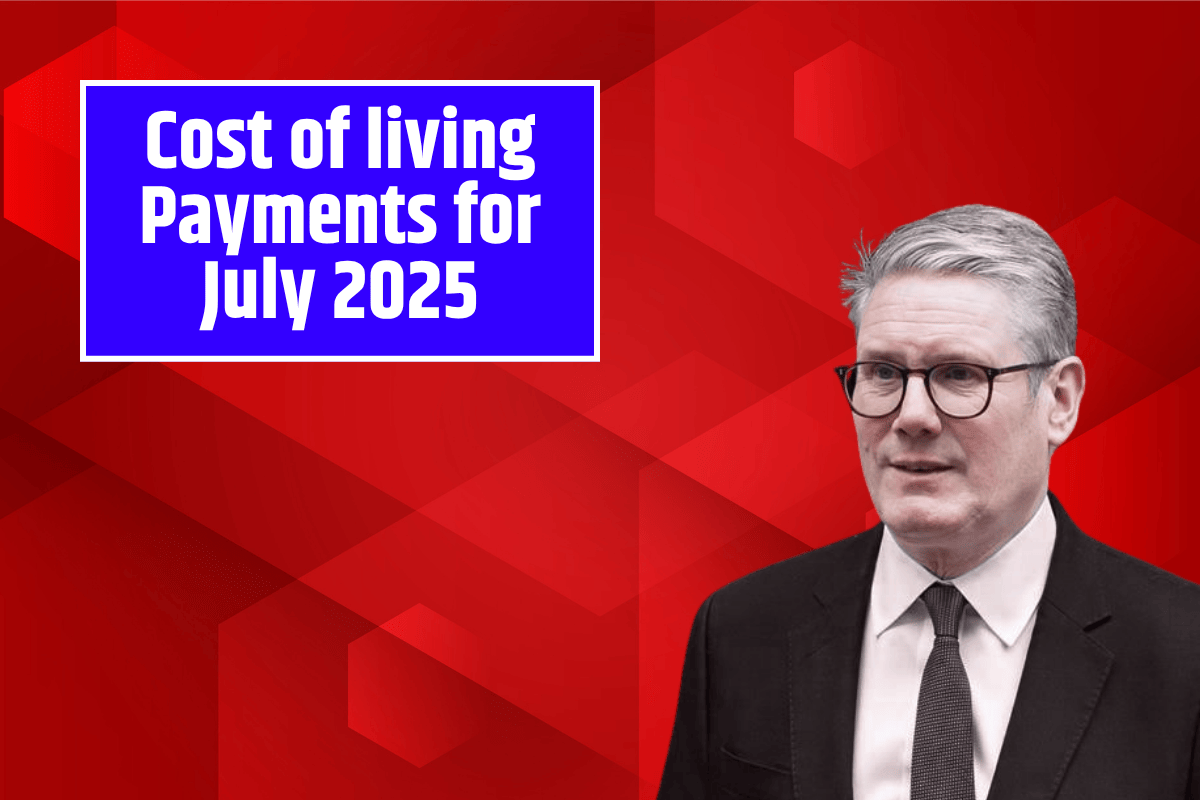Nicola Green, a mother of a teenager with cerebral palsy, recently fought back against the Department for Work and Pensions (DWP) after they wrongly accused her of fraud. For over a year, the DWP pursued her for a carer’s allowance overpayment of nearly £3,000, which led to unnecessary stress and harassment.
However, after a tribunal ruling, her case was thrown out, highlighting serious issues with the government’s treatment of unpaid carers. This case, along with others, reveals systemic problems within the DWP that have left many carers struggling under wrongful debt and unfair punishment.
The DWP’s Accusations and Legal Battle
Nicola Green, 42, was wrongfully accused of fraudulently claiming a carer’s allowance of £2,823.75. The DWP pursued her for this amount, claiming that her earnings had exceeded the weekly limit for the allowance on multiple occasions between 2018 and 2024.
Despite her clear innocence, the department took aggressive actions against her, even contacting her employer without her consent to recover the money from her salary.
In response, Green appealed the fine, and a tribunal judge quashed the case in less than 30 minutes. Green was shocked by the way the DWP treated her, saying it felt like harassment. She had always followed the rules, trying to provide for her son while caring for him at home. Yet, the DWP’s actions made her feel like a criminal.
The DWP’s Response and the Cancelled Debt
The DWP initially indicated they would appeal the tribunal’s decision. However, just days after the Guardian contacted the department, they reversed their stance. The overpayment claim was cancelled, and Green was informed she would receive advice on compensation.
A spokesperson from the DWP stated, “Ms Green’s overpayment has been cancelled. We are committed to supporting carers across the UK.” However, the damage had already been done.
Green expressed how the whole process was demeaning and unjust. It also revealed systemic issues in how the DWP handles carer’s allowance overpayments and accusations.
Wider Issues With DWP’s Treatment of Carers
Green’s legal victory shines a light on the broader issue of how the DWP pursues unpaid carers. The department has faced increasing criticism for wrongly accusing people of fraud based on small, often unavoidable, overpayments.
Many carers, like Green, make minor earnings over the threshold set for the allowance, but they are required to repay the full amount, creating debts that are difficult to recover from.
The DWP’s “cliff-edge” rule means that if a carer earns even one pound more than the weekly limit, they are required to repay the entire allowance. This can lead to a carer owing thousands of pounds. In Green’s case, she could have been forced to repay over £4,000 due to her minor overpayment.
This practice has led to widespread hardship for carers who are already under significant pressure.
The tribunal’s decision, along with several similar cases, reveals a pattern of unjust treatment of carers by the DWP. In the past year, a higher percentage of cases have been quashed, pointing to the growing recognition of these errors.
In fact, 42% of fines imposed on carers were struck down by judges in the past year alone, compared to 29% in 2019 and just 15% in 2014.
Nicola Green’s Struggles and the Impact on Carers
For Green, the experience was emotional and exhausting. She works part-time at Bolton College while caring for her 17-year-old son, who has complex health needs.
Despite the challenges, she has always followed the rules. Yet, the DWP’s actions made her feel as though she was being punished for simply trying to support her family.
Green’s son, who has cerebral palsy, is deaf, and has other health conditions, requires significant care, which Green provides. Despite the vital role carers like Green play in the system, the DWP’s approach treats them harshly, causing undue stress and financial hardship. Green’s case shows how vulnerable carers can be when the system fails them.
Nicola Green’s legal victory is a win for all unpaid carers who have been wrongly accused by the DWP. It is a stark reminder of the urgent need for reform in how the department handles cases of carer’s allowance overpayments.
The system currently punishes carers for minor breaches that are often out of their control, and this unfair treatment needs to change.
More should be done to support carers, who already have one of the toughest jobs in society. The DWP must address these systemic problems to ensure that carers are not unfairly targeted and forced into debt.
FAQs
What is Nicola Green’s case about?
Nicola Green, a mother of a teenager with cerebral palsy, was wrongly accused by the Department for Work and Pensions (DWP) of fraudulently claiming carer’s allowance. She fought the accusation in court, and the tribunal ruled in her favor, cancelling the overpayment claim.
What is the issue with the DWP’s treatment of unpaid carers?
The DWP has been criticized for pursuing unpaid carers for overpayments based on small, often unavoidable breaches of the earnings threshold. This has led to severe financial hardship and stress for many carers, with some having to repay large amounts of money due to minor overpayments.
Why did Nicola Green feel harassed by the DWP?
Nicola Green felt harassed by the DWP because of the aggressive actions they took to recover the overpayment, including contacting her employer without her consent. Despite following the rules, she was treated like a criminal, causing significant emotional and financial distress.
What are the DWP’s ‘cliff-edge’ rules for carers?
The DWP’s ‘cliff-edge’ rule means that if a carer earns even one pound over the weekly earnings limit for carer’s allowance, they are required to repay the full amount of that week’s allowance. This can result in large debts for carers, even for minor earnings over the limit.
What did the DWP say after Nicola Green’s legal victory?
After Nicola Green’s legal victory, the DWP cancelled the overpayment claim and stated they were committed to supporting carers across the UK. However, they had initially considered appealing the tribunal’s decision before reversing their stance after public attention.












